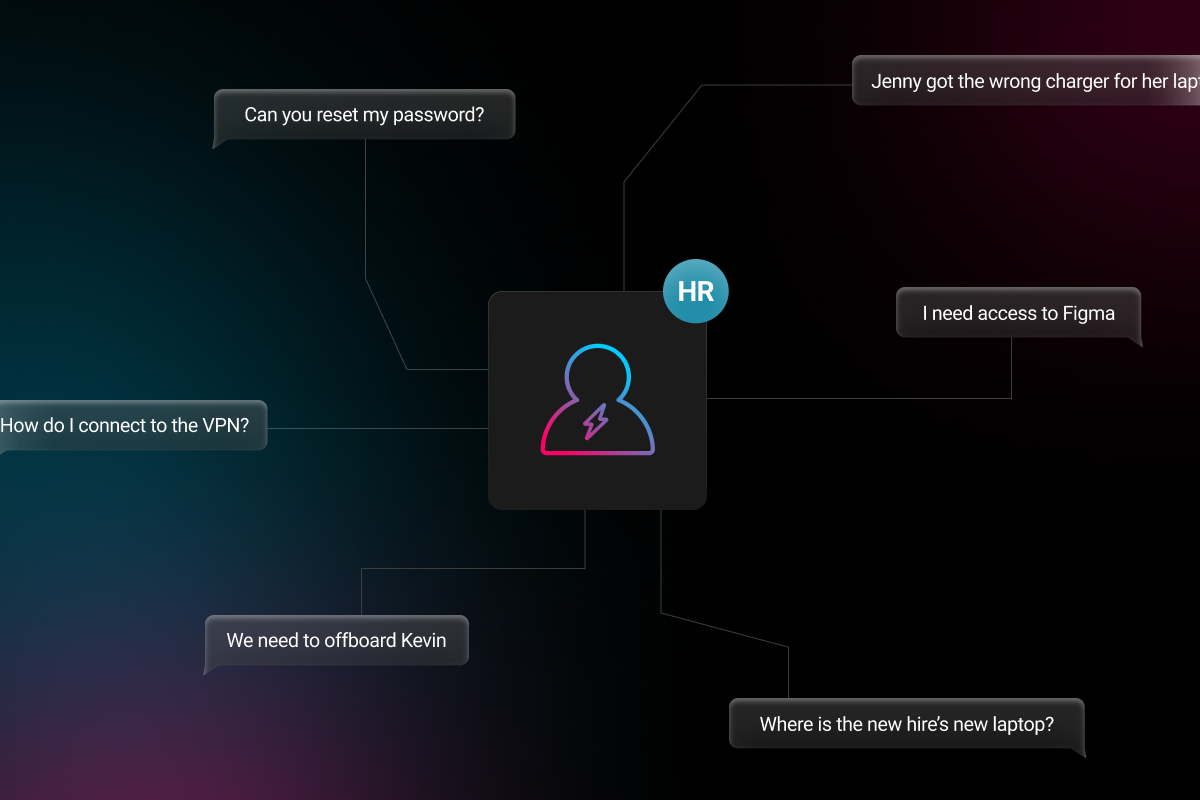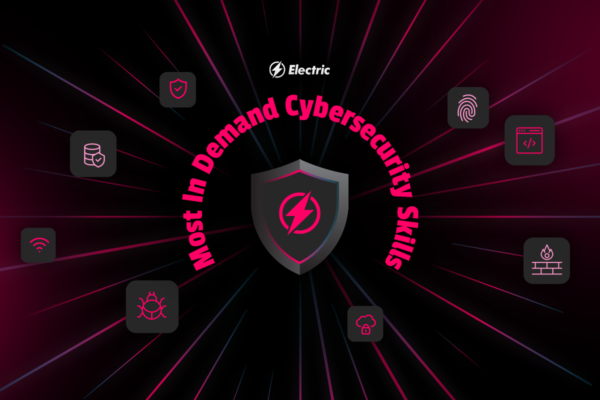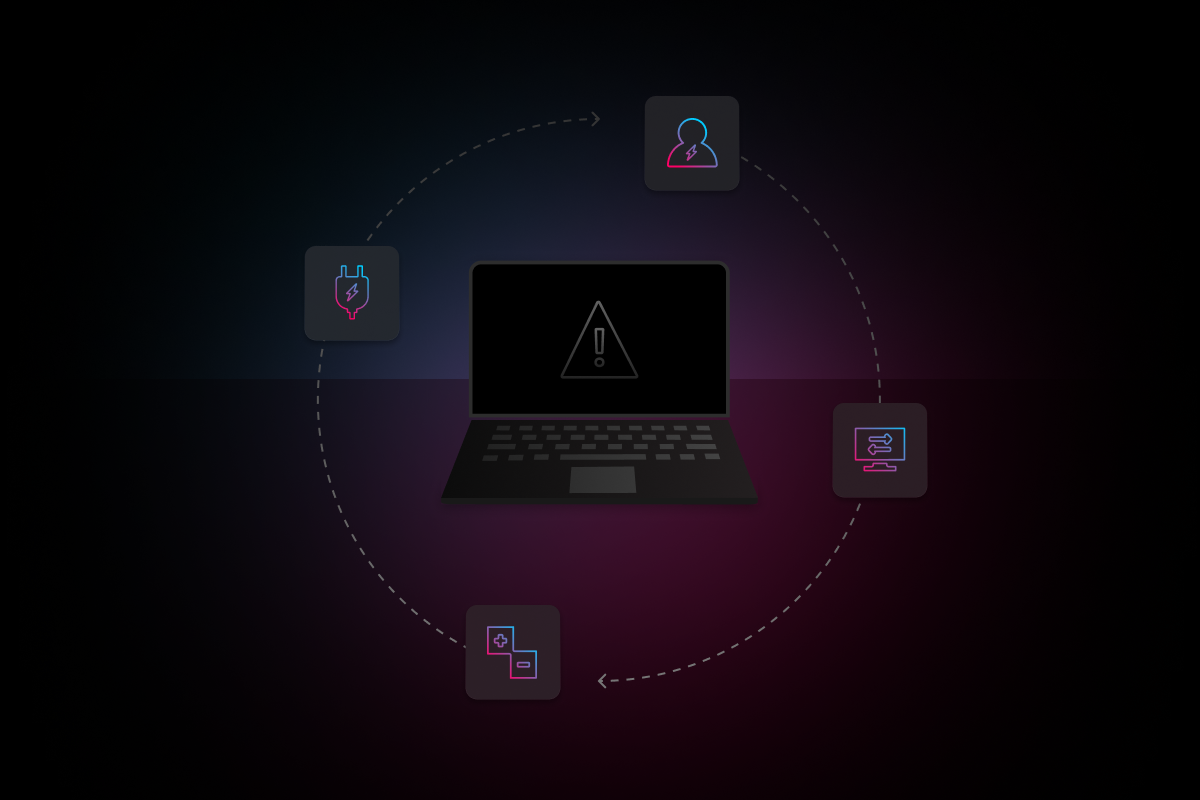
The Shift to Remote Work Created a Need For Skilled Cybersecurity Experts
Nearly everything has been thrown into a completely different world than it was before the pandemic. While near-universal work from home was initially thought to be a temporary situation, it’s likely that most organizations will now either remain fully remote or balance a hybrid workforce indefinitely. This means that companies need to develop long-term, sustainable protocols to manage remote business operations.
While these changes have caused difficulties for many people and many industries, they have also opened up many opportunities for some. The need for professionals with cybersecurity skills and knowledge has never been greater in order to help organizations protect their data and prevent breaches while adapting to remote and hybrid workforces.
According to a report by Risk Based Security, the number of publicly reported breach events decreased by 48% in 2020. However, the total number of records compromised increased by 141% and is by far the most records exposed in a single year since the security form began reporting on it in 2005.
It’s clear there is a need for organizations to hire professionals with the right cybersecurity skills to prevent another year of mass record exposure.
Below, we take a look at some of the most important and in-demand cybersecurity skills to help prevent them.
What Are 4 of the Most In Demand Cybersecurity Skills?
1. Penetration Testing
Penetration testing, also called pen testing or ethical hacking, is the practice of devising planned attacks against an organization to unearth cyber security vulnerabilities that need to be patched up. There have been numerous headlines in the last ten years or so that have shown a light on the dire need to beef up the cybersecurity of countless private and public institutions.
Major breaches in security have cost some private companies such as Target huge sums of money in the form of legal settlements after all the dust settles. Not only are those companies suffering from the settlements that they must pay out, but they also find that they take a significant hit to their public image as well.
It is virtually impossible to shut down all potential cybersecurity threats to a large institution, but there are measures that one can take to try to get a few steps ahead of those who might want to do them harm. Penetration testing is a great tool to prepare for possible scenarios that might otherwise cause significant damage. In fact, it is on track to become a $4.5 billion industry by 2025.
There are dangers of not having penetration testing for preventing large-scale attacks. If you lack regular, in-depth penetration testing, it’s possible that attackers can access your organization’s sensitive data for months, or potentially even years, before noticing. Intrusion detection skills are imperative to help identify potentially harmful activity before it escalates.
Practice makes perfect—and practicing possible attack scenarios is the best way to prepare your cyber security skills for the real deal if it is to come your way. The most prepared organizations in the world embrace penetration testing to locate their vulnerabilities and improve their security posture.
2. Cloud Security
According to Cybersecurity Ventures, the total amount of data stored in the cloud will reach 100 zettabytes by 2025— or 50% of the world’s data at that time, up from 25% stored in the cloud in 2015. As employees remotely conduct more of their work through cloud applications, the number of security blind spots will similarly grow.
Cloud security services are one aspect of cybersecurity that is highly likely to grow enormously in the coming years. The cloud security software market is expected to reach a market value of $37.37 billion by 2026.
Technology giants have identified the cloud as the place where major technological advances are going to continue to arrive in the future. This means a lot of revenue can be made by those who embrace the cloud today. It also adds increased uncertainty about the security of all of that data in the cloud.
Information technology professionals are zeroing in on how to protect data when so much of it is farmed out to third-party outposts. There is always an increased level of danger when information flows to so many physical locations, and this is an issue that cybersecurity experts will be paid handsomely for figuring out how to solve. With the outlook for many workers involving continuing to work remotely, at least a few days a week, the need for protecting remote data will remain at an all-time high in the years to come.
3. Incident Management
Incident management is the process of identifying, analyzing, and determining the organizational response to cybersecurity threats. The pandemic has created a ticking time bomb of sorts when it comes to which companies and/or governmental organizations will face a major breach, making this cybersecurity skill a must-have for your company.
Sadly, even companies that are directly connected to the pandemic response itself have been hacked. Health IT Security reports that two major firms directly tied to helping administer relief and supplies for battling the pandemic have experienced cybersecurity incidents already.
Americold was one of the companies impacted. They are a cold storage company that has had heightened relevance during this pandemic as many of the vaccines for this virus require extreme cold storage to be effective. The company has seen its fortunes rise as its services have become so much more essential recently. Unfortunately, this also puts a target on their back for hackers.
Responding to a security breach after the fact is just as valuable as preventing one in the first place. Going through everything post-breach means ensuring that there are no remaining lures attached to any data that would allow intruders to return to the scene of the crime. It also means identifying the vulnerabilities that cause the breach in the first place.
4. Sensitive Information Security
Finally, among the top cybersecurity skills to hold right now is in the realm of sensitive information security. Sensitive information is data that must be safeguarded from unauthorized access to protect the privacy or security of an individual or organization. 22%: Share of a companies’ folders accessible to every employee
A report from Varonis discovered that 53% of companies found over 1,000 sensitive files open to every employee. With so much sensitive information easily accessible, it’s clear that protecting sensitive information is an evergreen skill that will be critical to hone. Private data of all kinds is being created every day from password details to online banking records to private messages on social media and so much more.
The internet is seen as a place for sharing and expressing oneself, but this does not mean that every single thing on the internet is intended for a worldwide audience. Companies are scrambling to find the right professionals to help them keep certain pieces of data on lockdown.
For those individuals already in the IT or technology realm that are looking to expand their cybersecurity skill set, consider pursuing one of the above as they are high in demand and likely will continue to be for the foreseeable future.
Figuring out all your bases to cover pertaining to your organization’s IT strategy is not an easy process to navigate, especially in times like these— and that’s why Electric is here to support your organization.


